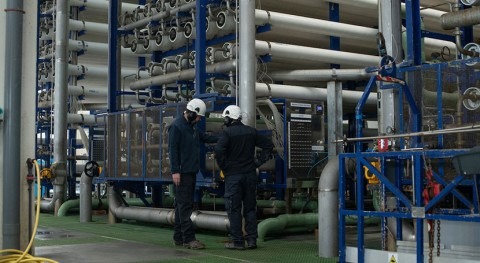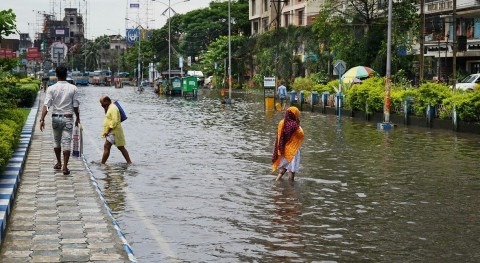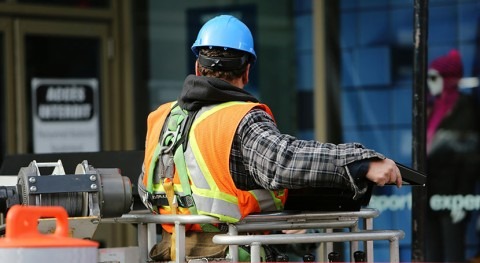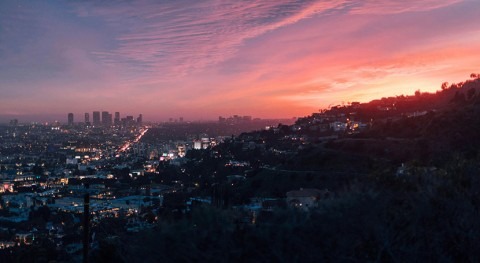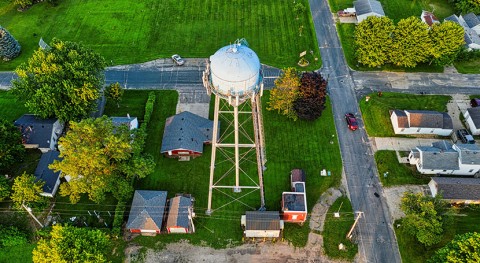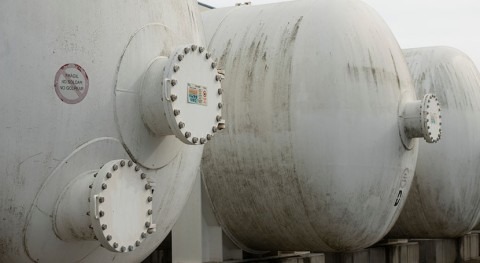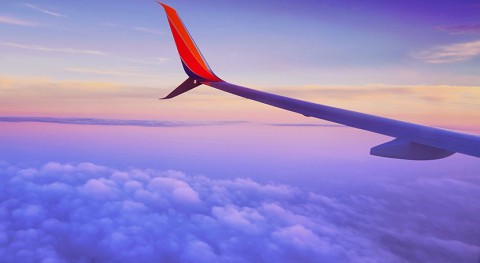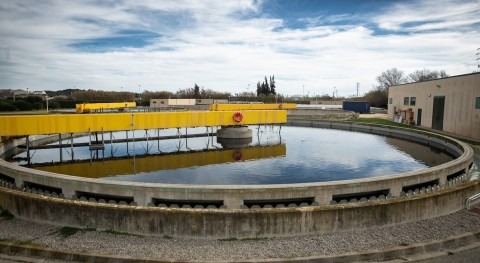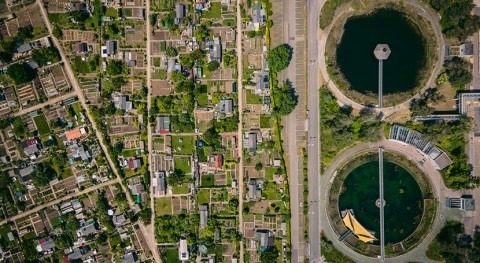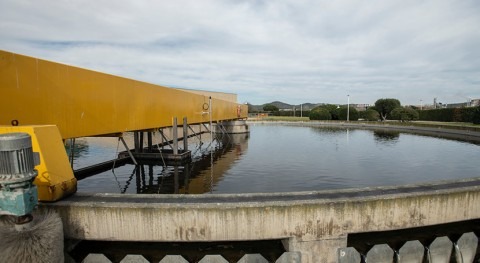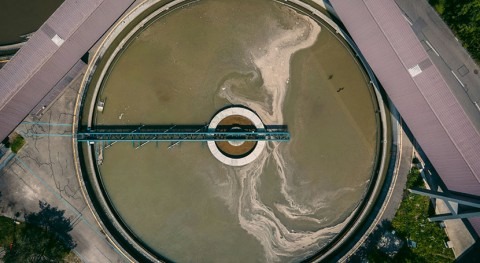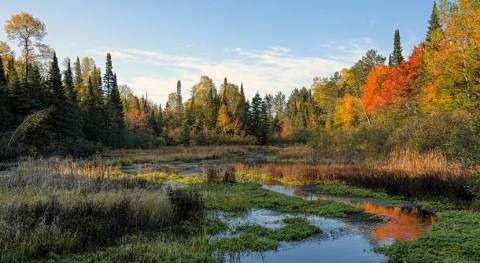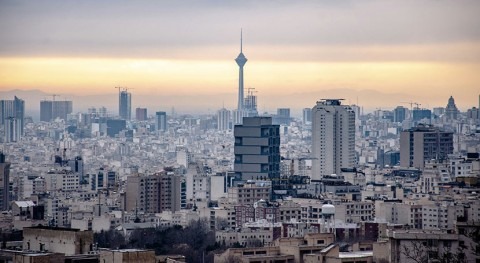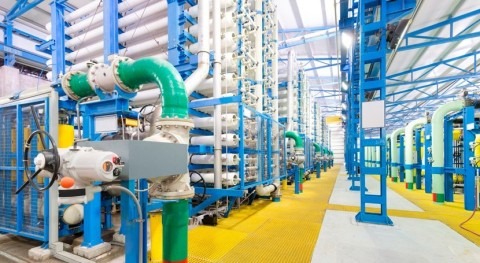In May, the Observatory for the Protection of the Environment and Historic Monuments of Tangier (OPEMH) released two calls for tenders as part of a new project, which aims to reduce the negative impacts of untreated wastewater on the city of Tangier, in northern Morocco, and across the rest of the country, reports Aujourd´hui Le Maroc.
The project called “Eaux Vertes” (Green Waters) is financed by the European Union via the Musharaka Mouwatina (meaning “Citizen Participation” in Arabic) programme. As well as sensitizing the city’s residents to the importance of water conservation, ‘Green Waters’ will also contribute to preserve this vital resource by creating a multi-stakeholder committee to monitor and control water pollution.
For the first and central part of the project, the OPEMH has launched a call for tenders to carry out a study regarding the condition of wastewater treatment facilities in the city of Tangier. According to Morocco World News, researchers of an external scientific body should conduct the study within 30 days of signing the contract, under the guidelines and supervision of the OPEMH.
The report will focus on the legal framework and strategy for wastewater treatment, the inventory and skills of local actors in charge of wastewater treatment, the reality of water and coastal pollution, and its effect on the population. It will also assess the impacts of untreated or inadequately treated wastewater discharges on the environment, the economy and the residents.
Finally, it will establish proposals to develop wastewater treatment capacities and rationalize the use of drinking water. During that time, the OPEMH will launch an awareness-raising campaign that will be directed at the media and public and private institutions involved in the water sector.
“In the world where the demand for freshwater increases yet where freshwater resources shrink constantly due to overexploitation, pollution, and climate changes, it is simply inconceivable to neglect the opportunities provided by wastewater treatment,” reads OPEMH’s introduction to the study proposal.
Tangier has two sewage treatment plants for the city’s wastewater. However, the two facilities only treat 20% of the wastewater. The Bouknadel plant treats nearly 100,000 cubic metres per day, and the Boukhalef plant treats nearly 5,000 cubic metres per day. This means, over 400,000 cubic metres remain untreated and are dumped directly into the sea.
The importance of reusing wastewater recently gained prominence with the prolonged drought affecting Moroccan harvests. The authorities hope the Green Waters project will be a leading example in the wastewater treatment sector for Moroccan cities, contributing to the well-being of citizens and the environment alike.





